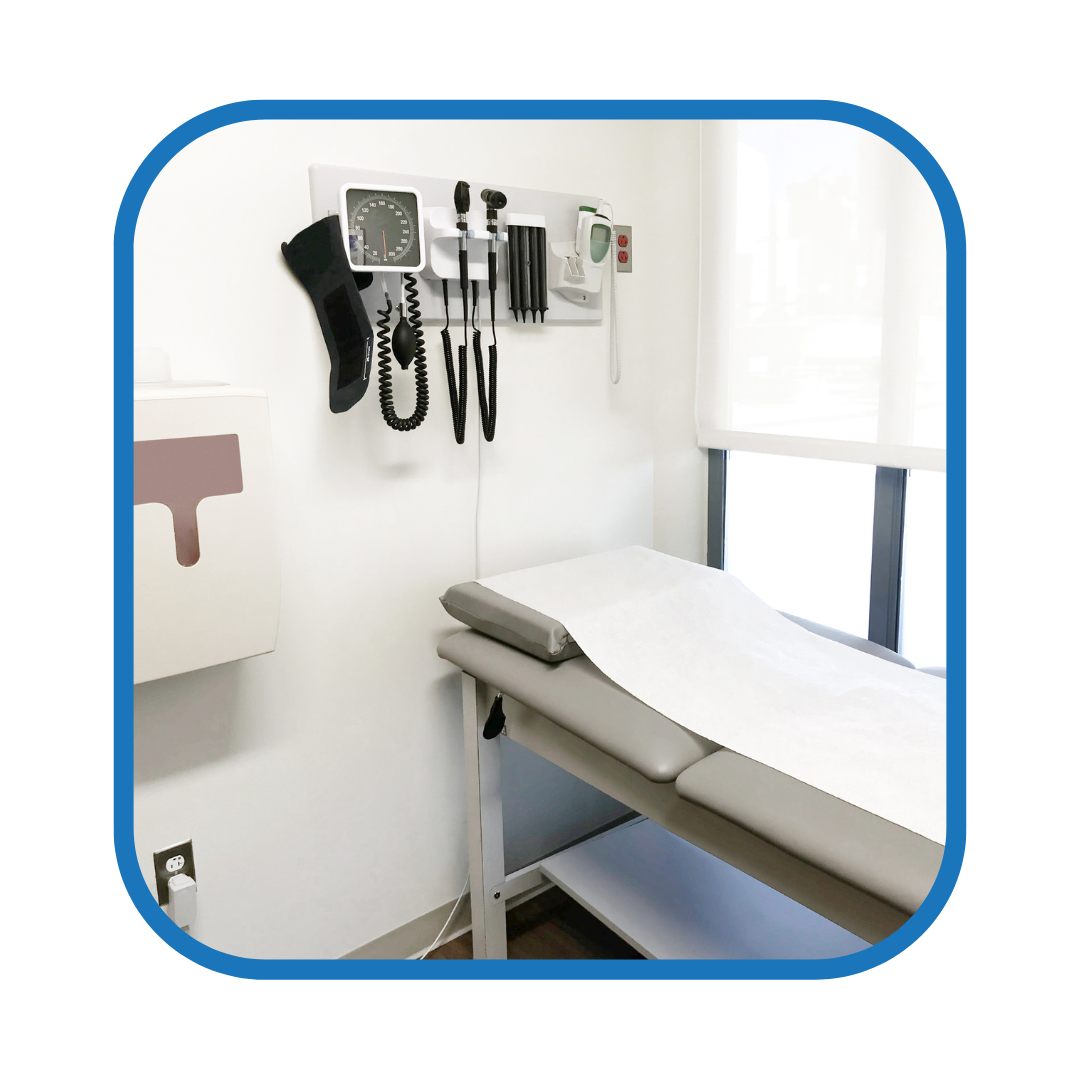Electrocardiogram (EKG)

An electrocardiogram, also known as an EKG or ECG, is one of the quickest and easiest ways to evaluate how the heart is functioning. An EKG records the heart’s electrical activity; how often it beats (heart rate) and how regularly it beats (heart rhythm). This is done by placing small electrode sensors to the skin on parts of the chest, arms, and legs. These electrodes are connected to an EKG machine by lead wires. The electrical activity is then measured, and interpreted by a healthcare professional. An EKG can often detect heart disease, abnormal heart rhythm, or heart attacks.
An EKG may be included in a candidate or employee’s health screening to ensure that they do not have any underlying conditions that will put them at risk in their work environment.


